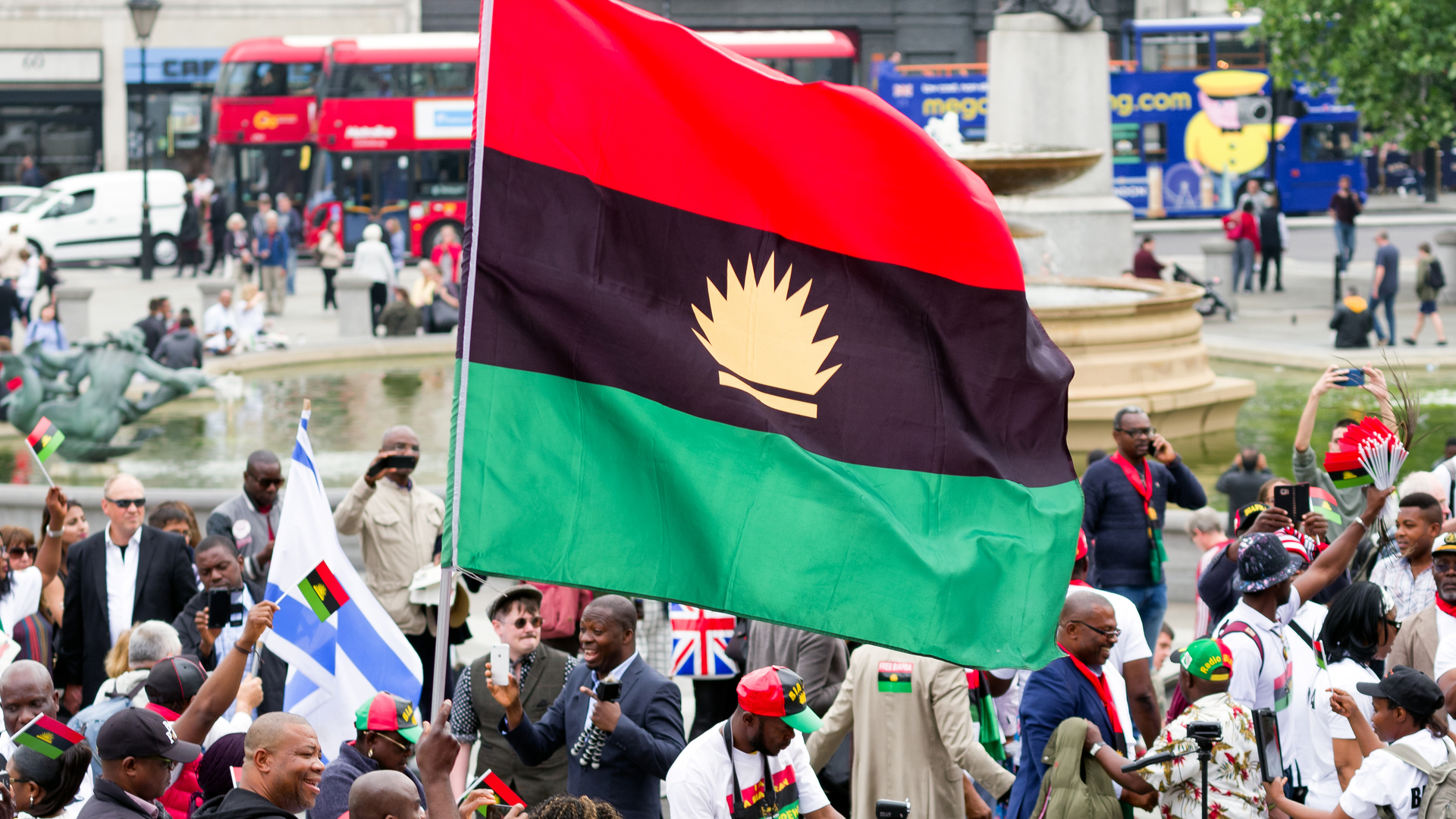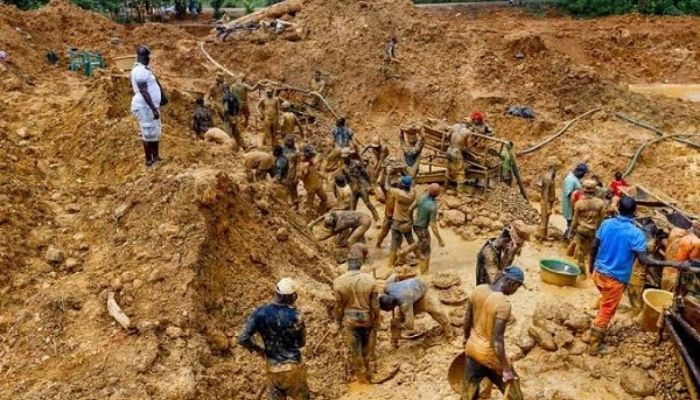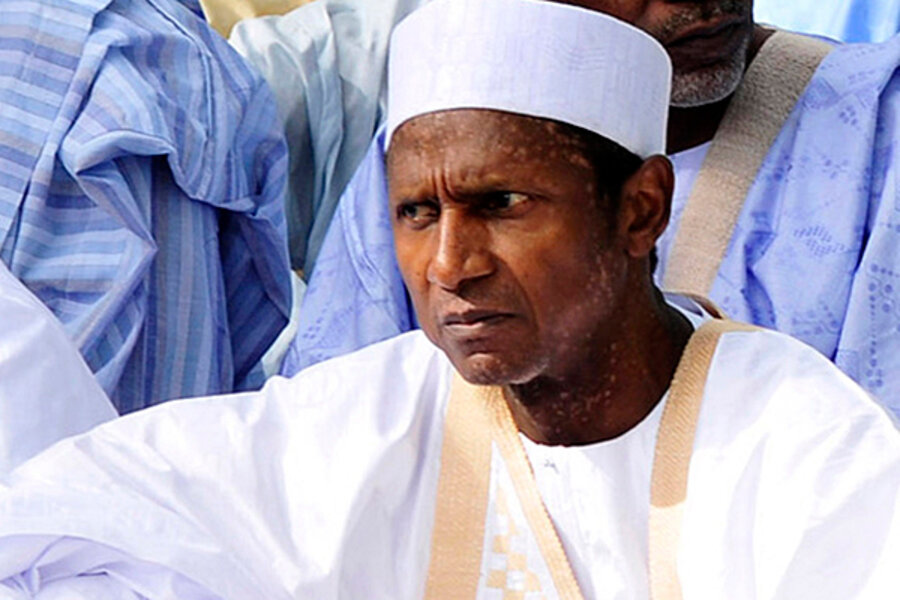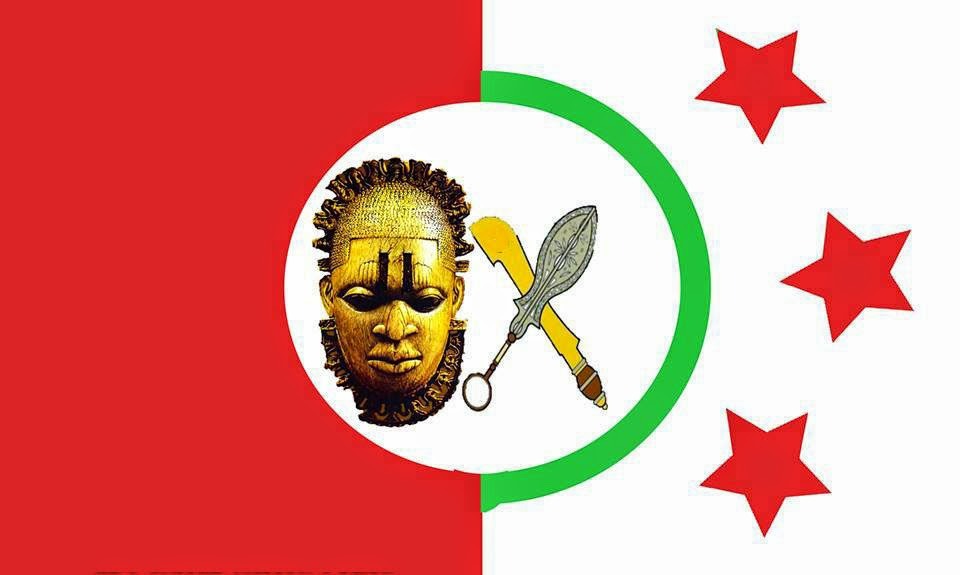The rejection of the constitutional amendment bill by the National Assembly in mid May 2006 has ignited intense debate in Nigeria. While there is a universal jubilation over the death of the proposed amendment to elongate the term of office of the president and state governors elected in 1999 for another four years beyond 2007, there are mixed feelings, however, over the other 115 clauses that were thrown overboard with the entire bill. Depending on the interest group or political party in question, by killing the amendment bill the National Assembly dashed their hope of: having a state created; and securing a constitutional backing for shifting/rotating power (presidential, governorship, senatorial, etc) to their respective constituencies.
Even before the fateful decision of the National Assembly, various constituencies have been laying counter claims to these elective offices, arguing that it was their "turn" to produce the next president, the next governor, the next senator, the next representative in the federal/state house, the next local government chairman, and the next janitor, etc, etc. At the presidential level, the North-South divide is engulfed in an argument to determine whose "turn" it is to produce a successor to President Olusegun Obasanjo on May 29, 2007. If we can resolve this issue of whose "turn" it is, then I wonder the purpose of asking the Independent National Electoral Commission (INEC) to spend billions of naira to organise an election at any of the levels of government.
The Midwest State remains the only state established by a duly constituted civilian government in Nigeria. Carved out of the old Western Nigeria, it became the voice of minority rights in the country before the intrusion of the military in governance in January 1966. Since then, various military regimes have increased the number of states from 4 to 12 to 19 to the current 36. There seems to be no limit to the number of states, for as long as there are politicians agitating for state creation in order to solve the alleged marginalisation of their people. It seems irrelevant to these professional agitators whether or not their prospective states possess the capacity to survive. In fact, this question does not factor into the consideration for state creation, thanks to the oil wealth in the Niger Delta. The revenue allocation formula guarantees them financial support from the"national cake" that is baked from the environmental degradation of the Niger Delta.
For the same reason, and because we are all marginalised, local government councils have been established arbitrarily across the country. The military bequeathed the Fourth Republic 774 local government councils, most of which were established to satisfy parochial political interests without regard to their economic viability.
With 36 states and 774 local government councils, the polity is still littered with agitation for more states and local government councils under the pretext of bringing government closer to the population. This pretext, facilitated by military fiat and enshrined in the 1999 Constitution is anchored on the faulty construct of Nigerian federalism. While it is common knowledge that less than 15% of Nigeria's 36 states are economically viable, the demand for state (and local government) creation continues to gain momentum because of one key factor: the faulty construct of Nigerian federalism.
State creation has become an albatross squeezing the life of the Nigerian polity. Initially a demand of the minority ethnic groups to extricate themselves from the oppressive rule of the majority ethnic groups in the old Eastern, Northern, and Western regions, it has now become a political instrument of self-balkanisation by the majority ethnic groups in their quest for "balance of power" vis-a-vis their counterparts. For example, in the Second Republic the Igbo questioned why they had two states (Anambra and Imo) while the Yoruba had four (Lagos, Ondo, Ogun, and Oyo). Under the military regime, the Yoruba "gained" two new states (Ekiti and Osun) for a total of six, while the Igbo "gained" three new states (Abia, Ebony, and Enugu) for a total of five. Since the inception of the Fourth Republic the Igbo have been agitating for an additional state on the grounds of "fairness" and "equity" vis-a-vis the Yoruba.
To reduce state (and local government) creation to this level of reasoning underlines the failure of politics in Nigeria and the debility of thoughts of Nigerian political leaders engaged in this venture. At the rate political elites are pursuing state (and local government) creation, it is safe to postulate that each local government would soon attain statehood and each town/village will become a local government council. It is obvious that if Nigeria were a genuine federal polity, where states possess exclusive jurisdiction over their respective natural resources, etc., the demand for state (and local government) creation would not have been articulated with such recklessness.
The concept of power shift or rotational presidency has dominated the debate on the election of a successor to President Obasanjo. Proponents of this concept have framed their arguments around the marginalisation of their respective ethnic groups or regions of the country. This argument has also been advanced in support of rotating the (s)election of governors, senators, etc., in the states. Thus, it is assumed that once your kinsman occupies the seat of power all your problems of under-development and poverty will be resolved. The fallacy of this assumption makes one to question the political sincerity and intellectual honesty of the exponents of this flawed position.
To posit that the presidency be "conceded" to any ethnic group or region of the country, as a way of addressing socio-economic and political injustices is to trivialise the cause and effect of those injustices. In his recent article entitled "South South and the Presidency," (The Guardian, May 26) Reuben Abati fell into this trap. Referring to the crises in the Niger Delta, he argued that "it seems certain that the future of Nigeria is tied to the resolution of the anxieties of the minorities.' While he clearly underlined the wants of the ordinary Nigerians, he, however, drew the wrong conclusion relating to the Niger Delta when he wrote: "The South South probably has the largest collection of advocacy groups seeking justice and equity for the people of that region and the power question is right at the centre of that agitation."
It is erroneous to say that the "power question" for the Niger Delta is centred around the occupancy of the presidency, rather it is based on the demand for constructing a genuine federal system that will recognise the exclusive jurisdiction of the federating nits over key sectors of the economy, including natural resources. This, for the Niger Delta would be justice and equity. Abati is however correct when he opined that: "Our experience with political power in Nigeria has shown that ethnic anxieties are not necessarily addressed by the kinsman in power." This is a strong case against power shift which contradicts the impression he gave, that the presidency be zoned to the South South as a way of resolving "the anxieties of the minorities."
We cannot build a democratic polity by mechanically shifting power from one region to the other. Powershift is a function of the electoral process, based on the correlation of forces contending for political power in a democratic polity. To legislate this, either in a nation's constitution or in that of a political party, is to deny the electorates their fundamental rights in a democracy. The cries that "it is my turn" or "it is the turn of my ethnic group" to be president/governor are not substitutes for sound policy platforms that would provide for the basic necessities of the population. To construct a democratic polity on this premise is like burying oneself in a quicksand.
The solution to the increasing instability in Nigeria rests with the re-structuring of the federal system, in a way that underlines the independence and coordinate of the federating units (states) and the central government. The relationship between the central government and the federating units is horizontal, and not vertical. We have to understand that, there is a federation because federating units agree to federate. And, they do not federate in order to forfeit key elements of their jurisdictions. Not until the federating units exercise exclusive jurisdiction over their natural resources under a genuine federal system, the instability of the Nigerian polity will remain inevitable. This is the power that is being agitated for by the Niger Delta, and other genuine federalists in Nigeria, and not the power of occupying the presidency.












